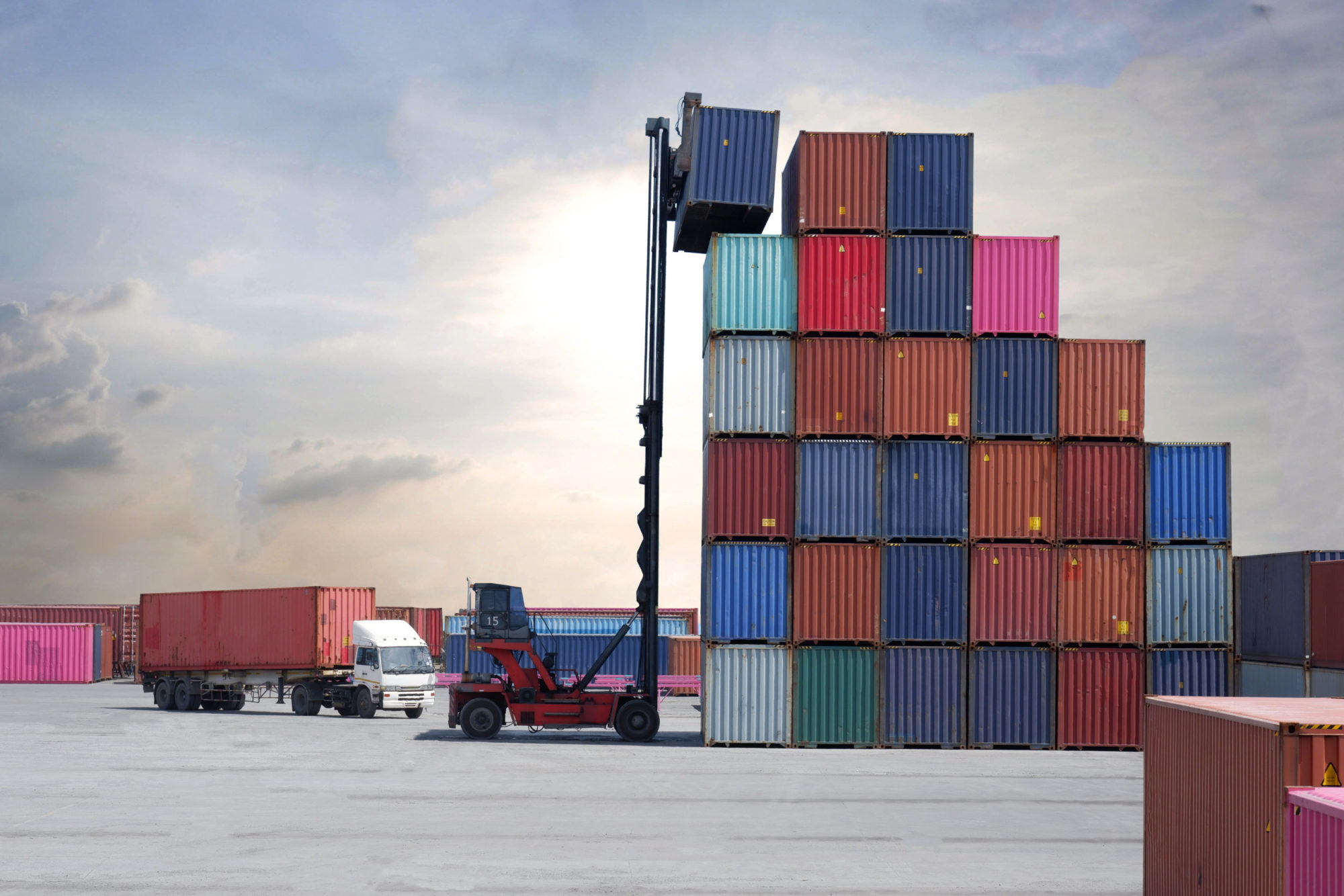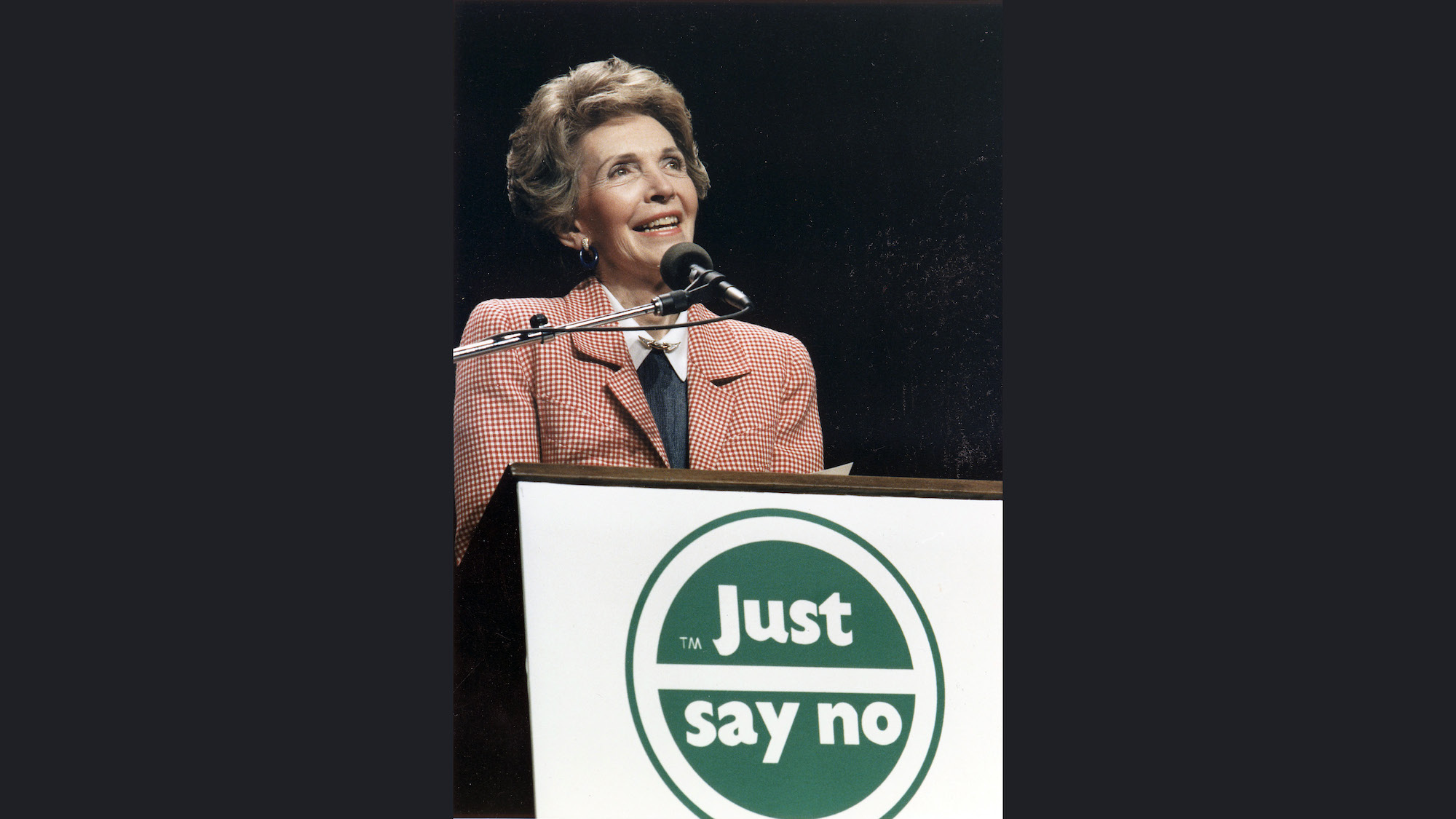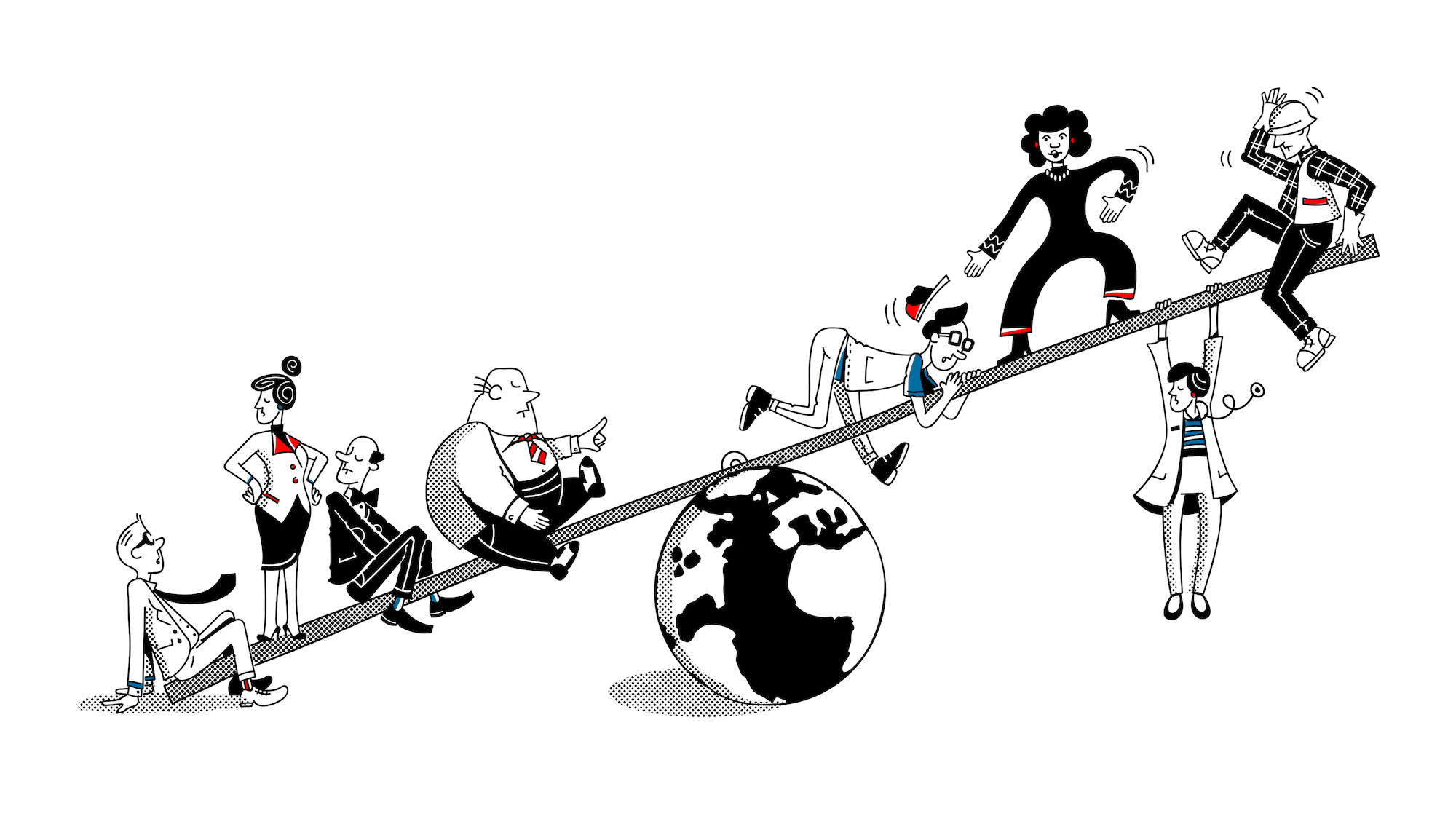Globalists Finally See Reality
When the former high priests of globalization admit it’s not working, the time has come not only to ask why they’ve changed their minds, but also why they were so wrong for so long. Oren Cass’s exposé of the abuses of classical economic theory offers a valuable starting point. But the problems lie even deeper and extend much further.





















